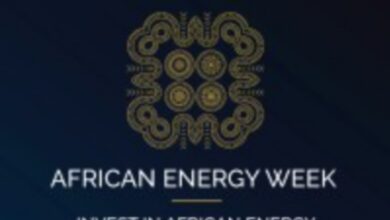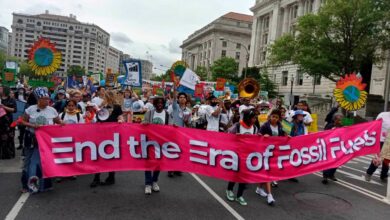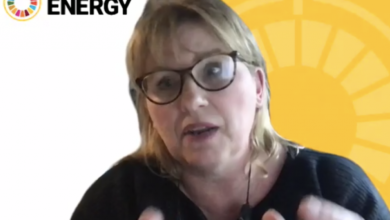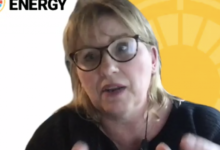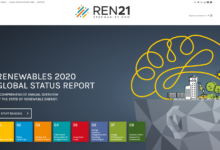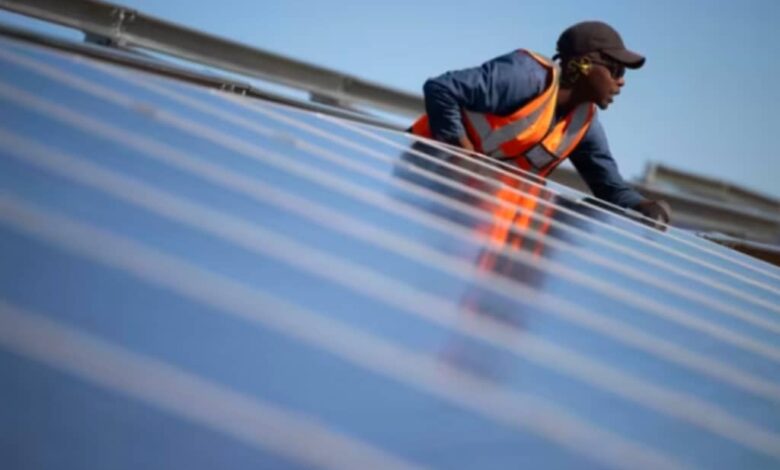
By Dela Ahiawor
The Republic of Benin is priming the pump for sustainable solutions to solve its energy woes amidst major challenges with energy access.
This implies transitioning from fossil fuel-fired electricity (dirty energy) to clean electricity (renewable energy)- patterning after West African counterparts like: Ghana, Togo, Senegal, Burkina Faso, Nigeria and Guinea.
Given that renewable energy is non- polluting and critical in climate change mitigation, countries in West Africa are developing renewable energy, with a major focus on photovoltaic (PV) solar power- a key renewable energy source, aiming to end energy poverty and dependence on fossil fuels.
In Benin, where a majority of the population remains without electricity, the government is focusing on solar power production to help: reduce energy deficits, expand energy access, achieve energy self-sufficiency and foster inclusive growth.
This is in line with the country’s goal of achieving 30% renewable energy production in the energy mix before the deadline of the United Nations Sustainable Development Goals (SDGs) by 2030 and also aiming for universal electricity access by 2035.
West Africa, including Benin have untapped potential for solar power generation due to the abundance of sunshine- making solar power the needed alternative to fossil fuels in the bid to achieve the future we all desire- a sustainable future. Developing sustainable energy infrastructure on the continent requires increased financial support and investment from stakeholders: public and private.
To this end, AXIAN Energy, a leading pan-African renewable energy player and developer of high-impact projects, together with its partner SIKA Capital, has announced the launch of a project to build four solar power plants in Benin.
According to AXIAN Energy it took five years of preparation in close collaboration with the Government of Benin, local authorities and the communities of Bohicon, Parakou, Djougou and Natitingou to announce the first independent power producer based on renewable energy in Benin.h
The the four solar power plants are strategically located across Benin: Bohicon, Parakou, Djougou and Natitingou. “This project demonstrates Benin’s attractiveness for infrastructure investment. We are delighted to partner with AXIAN Energy on this project to develop four solar plants that will supply electricity to more than 50,000 households while supporting Benin’s ambition to expand renewable energy production.” Tchegnon Amoussou, Chairman of SIKA Capital, stated.
or his part, Benjamin Memmi, CEO of AXIAN Energy noted that: “This project represents a decisive milestone for Benin and for our shared ambition: making renewable energy accessible to as many people as possible. Together with Sika Capital and the Beninese authorities, we will work to deliver this major project that will lay the foundations for a more inclusive and resilient energy future for the country.”
With a total capacity of 50 MWac, the plants will supply clean electricity to the equivalent of 50,000 households, directly contributing to Benin’s national objective of achieving 30% renewable energy in the energy mix by 2030.
The project is strategic investment fostering energy inclusion in West Africa.
Representing a total investment of €45 million, the project is backed by a robust alliance of public and private stakeholders committed to developing sustainable energy infrastructure in Africa.
Financing of €35 million will be provided by two leading development finance institutions, underscoring both the project’s solidity and its expected impact on the country’s economic and social development.
The initiative is carried out in close collaboration with Benin’s authorities and energy sector operators. SBPE (Société Béninoise de Production d’Electricité) and SBEE (Société Béninoise d’Énergie Électrique) will play a central role in integrating the electricity generated into the national grid.
The Ministry of Energy, Water and Mines and the Ministry of Economy and Finance are actively supporting the project, ensuring full alignment with Benin’s energy priorities.
Energy accessibility in West Africa is low at 42% with just half of the population having access to electricity. Moreover, energy demand in West Africa is surging and expected to rise due to rapid population and economic growth.
The fact also remains that, sustainable energy is the pathway to energy independence which points the way to sustainable economic growth.
With energy inclusion still a major challenge in West Africa, the need arises for governments to continue putting money to work in renewables, to help increase the low electrification rates in the sub-region.
www.delreport.com

